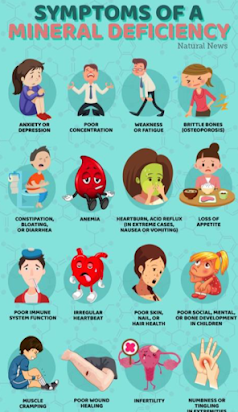Vitamins That Are Sometimes Linked (Indirectly) to Weight Change
Certain vitamins and nutrients can indirectly influence weight change, not by causing weight gain or loss on their own, but by affecting metabolism, appetite, energy levels, or hormonal balance. Here are some key vitamins sometimes linked to weight changes:
1. Vitamin D
Role: Helps regulate hormones, including those related to fat storage and hunger (like leptin).
Link to Weight:
Deficiency is associated with weight gain and increased fat mass.
Supplementing may help with fat loss, especially in people who are overweight and deficient.
2. B Vitamins (esp. B1, B6, B12)
Role: Crucial for energy production, metabolism of carbohydrates, proteins, and fats.
Link to Weight:
Deficiency can lead to fatigue, which may reduce physical activity and contribute to weight gain.
Adequate levels may support a healthy metabolism, aiding weight maintenance or loss.
3. Vitamin C
Role: Antioxidant, supports fat oxidation during exercise.
Link to Weight:
Low levels may reduce the body’s ability to burn fat during workouts.
May indirectly support weight loss when combined with exercise.
4. Vitamin A
Role: Influences fat cell development and metabolism.
Link to Weight:
Some research links vitamin A to the regulation of genes involved in fat storage.
Deficiency or excess may alter body fat distribution.
5. Vitamin E
Role: Antioxidant, may help reduce inflammation.
Link to Weight:
Chronic inflammation is tied to obesity; vitamin E might help mitigate that.
No direct link to weight loss, but may support a healthier metabolic profile.
6. Folate (Vitamin B9)
Role: Important for DNA synthesis and cell growth.
Link to Weight:
Low folate levels are sometimes seen in people with obesity.




Comments